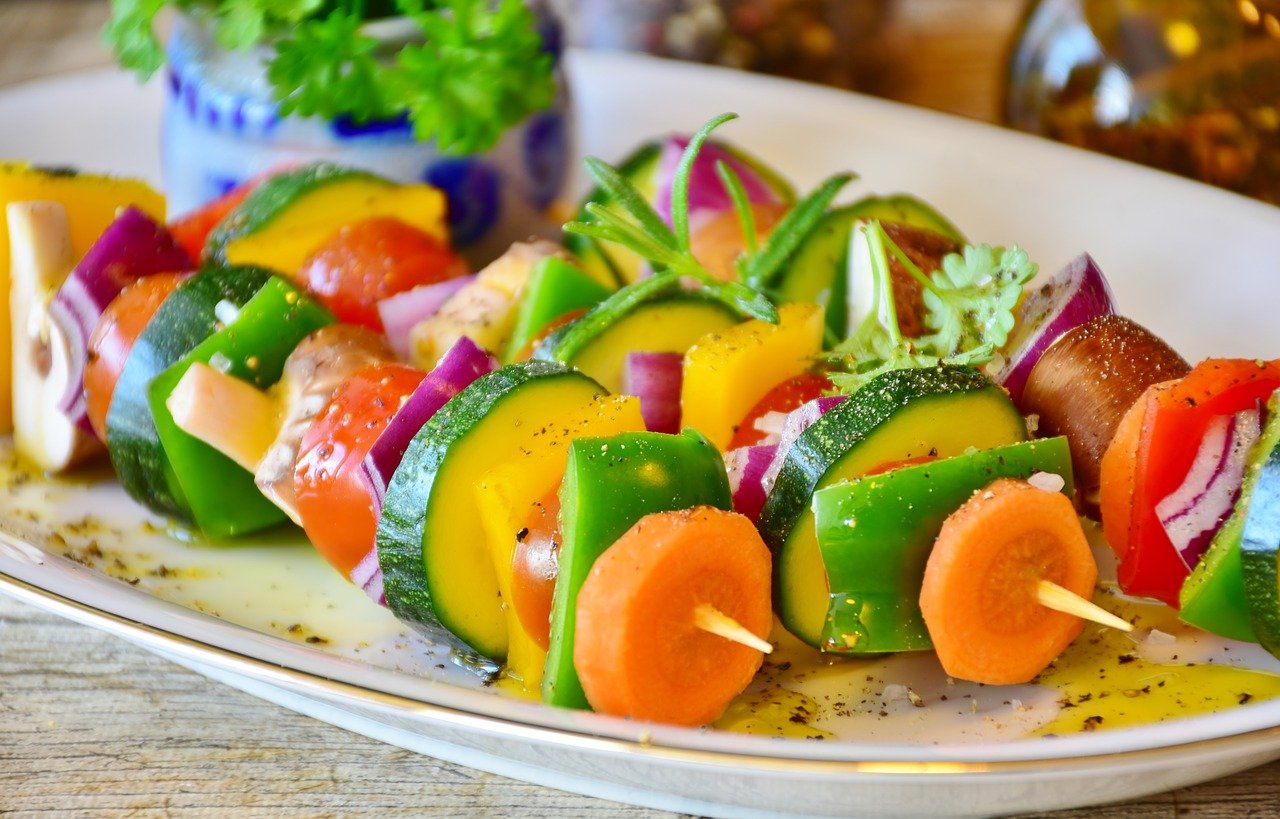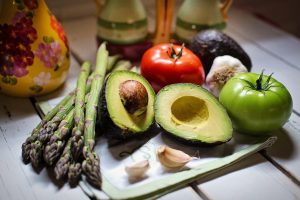
Transition to Veganism: Resources and Support – Part I
Veganism is becoming increasingly popular around the world. Both celebrities and regular people alike are turning to this diet and lifestyle in an attempt to improve their lives and health. However, the journey to becoming and remaining vegan may be accompanied by certain challenges. Therefore, we have compiled a succinct manual to help you stay aligned with your goal of transitioning to veganism and keeping your results.
Why Is Preparation Important
To begin with, you should always ask yourself the “Why?” question regardless of the task you are about to undertake. Becoming vegan requires substantial effort and may have a serious impact on your way of life, health, and future.
Therefore, you need to be absolutely sure that you are willing to undertake this endeavour. It is worth taking your time to research different strategies that might help you for a successful, effortless transition. You also have to understand your own personal reasons to become a vegan. You will need lots of emotional strength and courage to flip your lifestyle, so you ought to stay motivated and be convinced of why it is important for you to be a vegan.
What Are the Benefits to Being Vegan?
There are many reasons to become a vegan. Everyone has their personal motivation to consider a vegan diet and lifestyle. However, we have listed below a few common reasons to contemplate if you still have not made up your mind:
- Save the animals: Did you know that every vegan saves an average of 200 animals per year by simply choosing animal-free foods and lifestyle products? There is indeed no better way to help save the animals.
- Improve your health and happiness: Being vegan advances your physical and emotional health. There is plenty of research by reputable health organizations showing that vegans are less likely to suffer from heart disease, cancer, diabetes, high blood pressure, and many other illnesses compared to people who eat meat.
- Eat tasty and healthy food: If you have ever tried a vegan meal, you would know that it can be as tasty as “regular” food. In fact, you can eat all your favourite things like pizza, burgers, ice cream, and so on while being a vegan, too.
- Become slimmer and look better: Another fact few people know is that vegans are up to 20 pounds lighter than meat-eaters. Of course, this is an average estimate, and weight depends on many factors, such as overall calorie intake, physical activity, etc.
- Have more energy: Vegans tend to have more energy than the rest, so you will be more likely to feel empowered to do all the things that are important to you.
- Save Mother Earth: Meat is not good for the environment. Its production results in a lot of waste and causes tons of pollution. Hence, the meat industry is one of the greatest contributors to the climate crisis.
There has been much speculation on the topic of whether vegans actually intake enough nutrients to remain healthy. Extensive research has been conducted in the past few decades demonstrating that they do indeed get all necessary nutrients to stay in good physical shape. What is more, vegans avoid saturated animal fat and cholesterol, which are contained in meat. This reduces the risk of getting sick even further.
But how is this possible? Well, the modern world has developed to the point where you can find delicious substitutes for all animal-derived foods. Not only do they taste absolutely yummy but they also lack all the unhealthy stuff contained in meat, dairy, and eggs.
In addition, vegan cuisine is constantly developing, and you can find tons of easy, budget-friendly, and healthy vegan recipes for free on the Internet. On this blog, we also review plenty of vegan cookbooks, so please feel welcome to browse through the pages and look for your next favourite meal.
However, it has been proved that a vegan diet can help you decrease your body weight without the negative consequences that come with lots of other diets. The latter may include fatigue, increased stress levels, the yo-yo effect, and many more.
So, What Am I Giving Up?
Many people are still lost in all of the terminology associated with modern-day nutrition. To make things easier for you, here is our breakdown:
Being a vegan means you will consume only plant-based foods. Any food that comes from an animal (chicken, turkey, fish, lamb, bacon, cheese, milk, butter, eggs, honey, etc.) is forbidden. At first, this might seem restrictive. After all, it means no burgers, T-bones, fired eggs, butter cookies, and so on.
However, as we mentioned earlier in this article, there are many equally delicious and less harmful substitutes on the market. You can use all of them and get creative in the kitchen. In addition, there are plenty of options for vegan dining out. As veganism’s mass appeal is growing, more and more restaurants, food kiosks, and other dining facilities are joining the trend.
Last but not least, please do not forget that being vegan is not only about the food. It is an entire lifestyle, where you avoid products derived from or tested on animals and commit to a cruelty-free existence.

